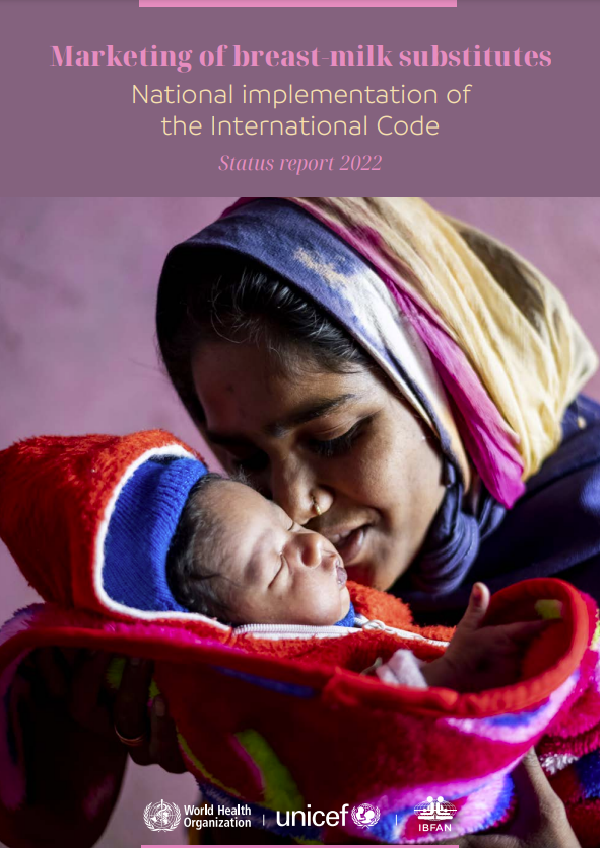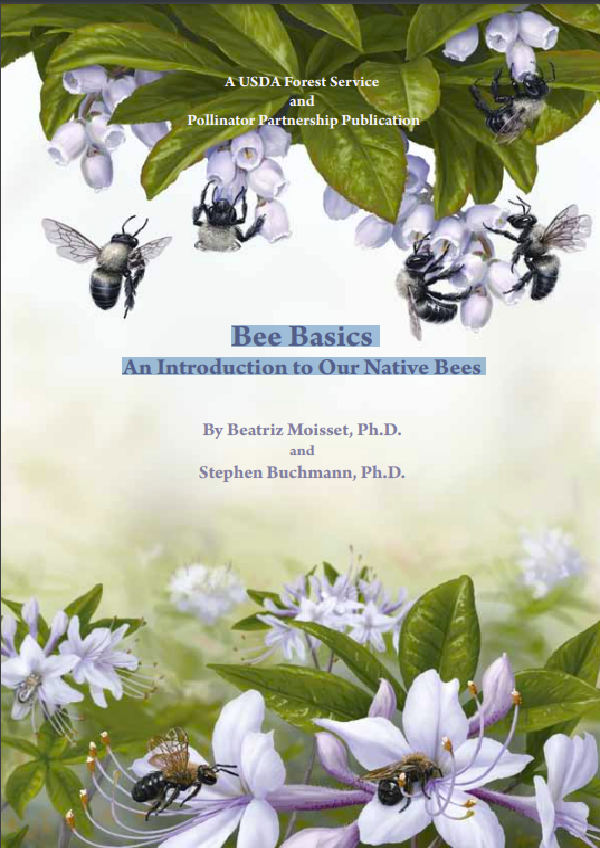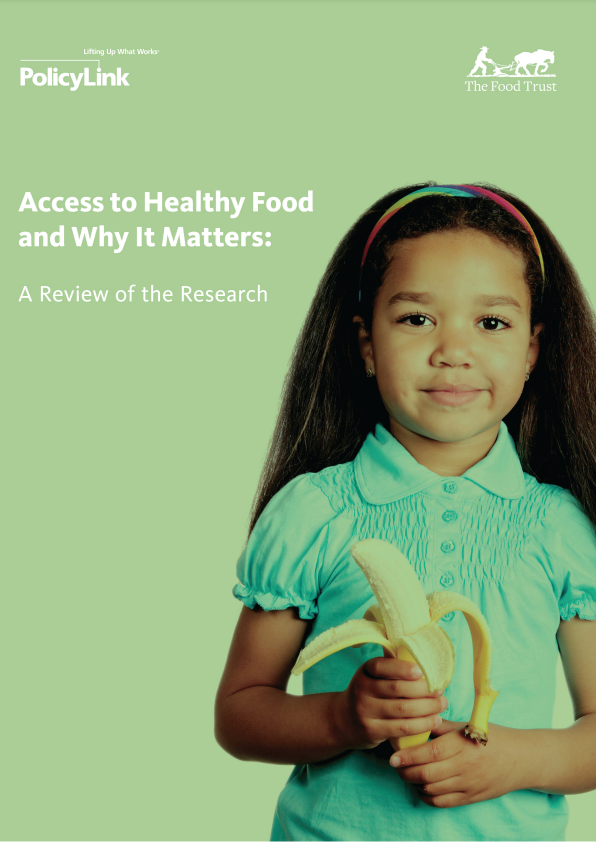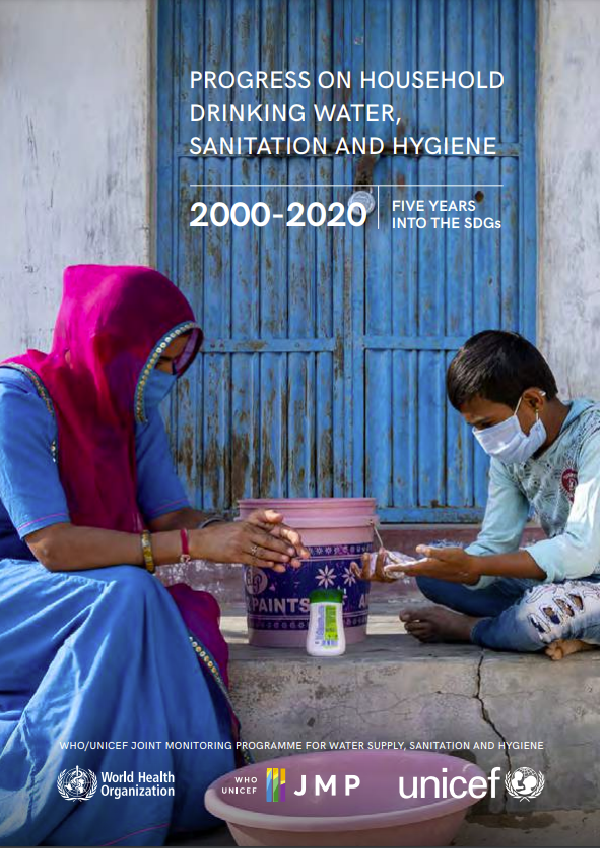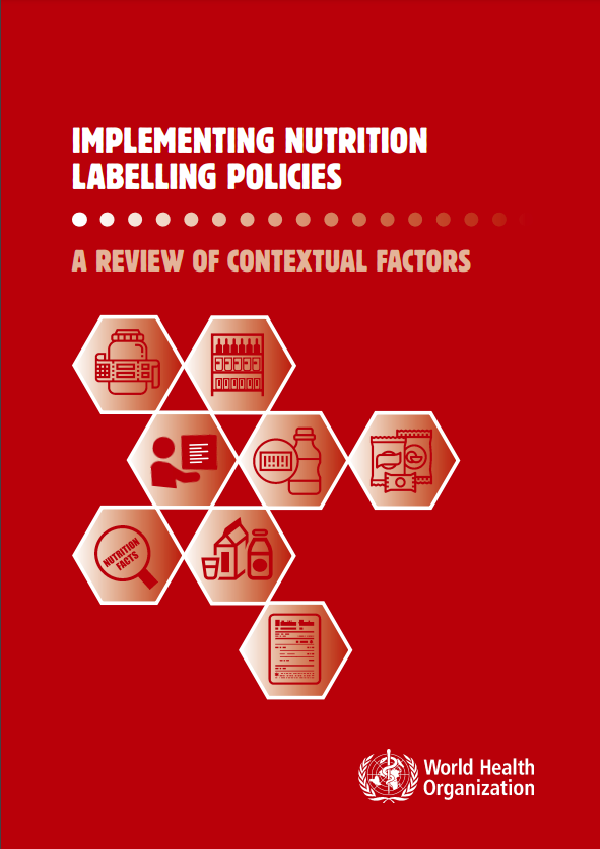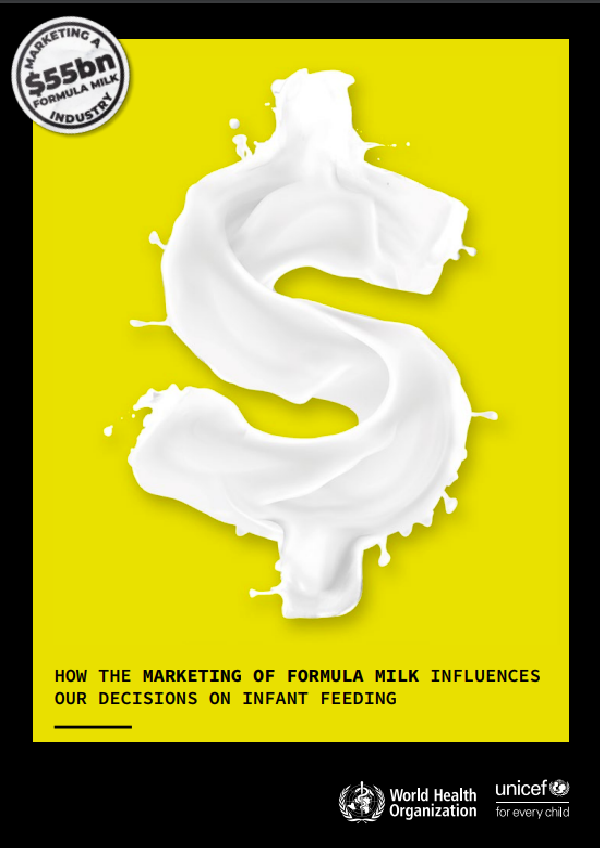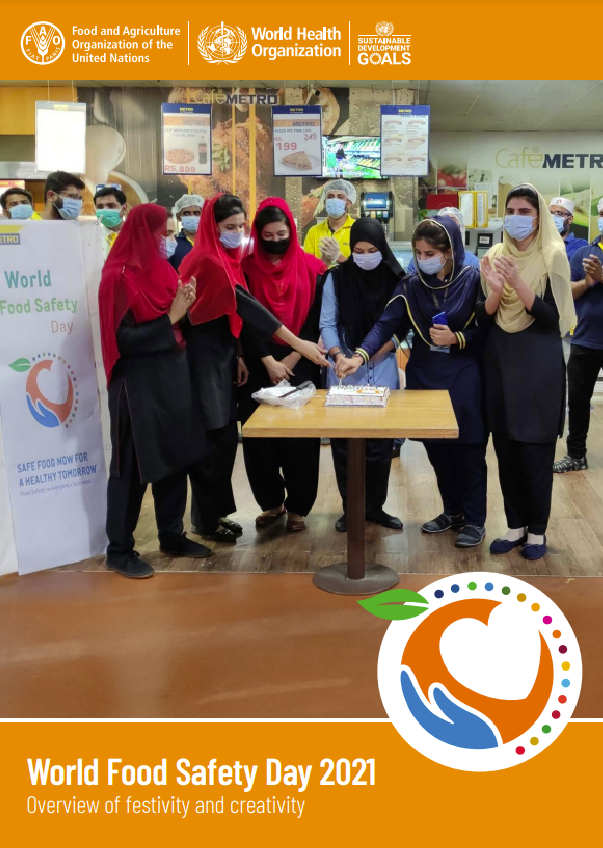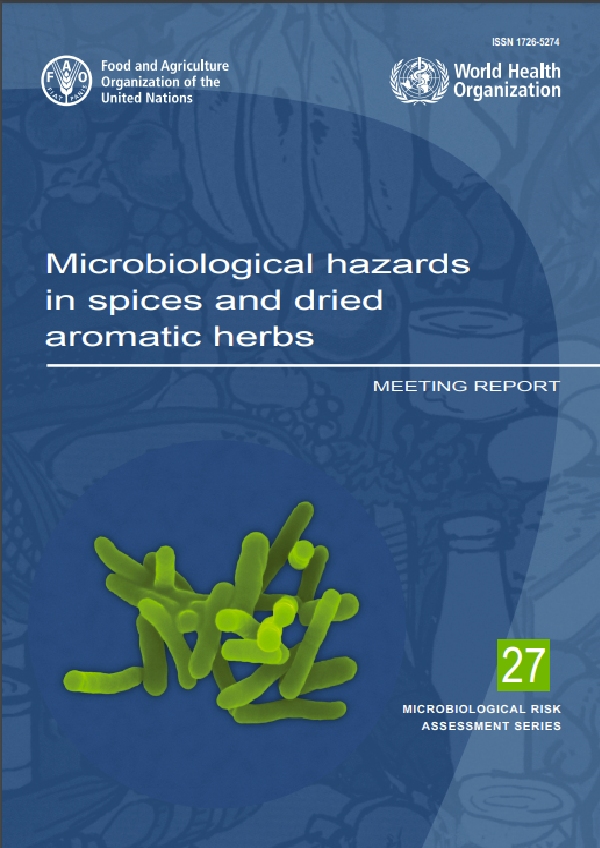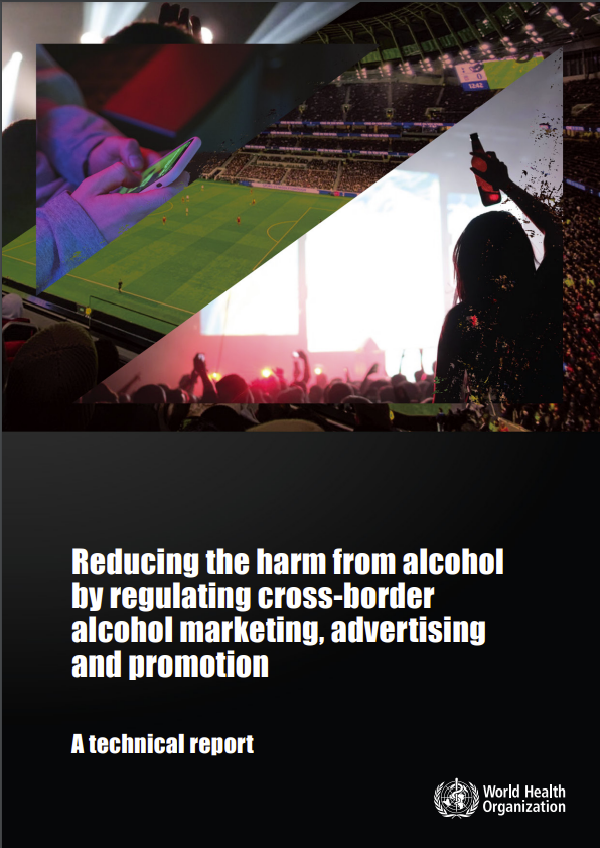In 2021, the world celebrated the 40th anniversary of the adoption of the International Code of Marketing of Breast-milk Substitutes. The World Health Assembly has reiterated the continued importance of the Code in subsequent resolutions, calling for enactment and enforcement of robust national legal measures implementing it. Full application of the 1981 Code and subsequent resolutions (collectively referred to as “the Code”) is essential to ensuring that parents and other caregivers are protected from inappropriate and misleading information.
Predatory marketing of breastmilk substitutes is not just a historical observation but, in fact, continues to be highly prevalent worldwide. WHO and the United Nations’ Children’s Fund (UNICEF) recently published the results of a multicountry study on the reach and influence of marketing on infant feeding.1 The study documented pervasive marketing in all of the studied countries (Bangladesh, China, Mexico, Morocco, Nigeria, South Africa, the United Kingdom of Great Britain and Northern Ireland, and Viet Nam). Exposure to marketing was significantly related to more positive attitudes toward formula feeding among mothers and the perceived need for formula milk in place of breast milk. The marketing of breast milk substitutes (BMS) diminishes the perceived value of breastfeeding and undermines women’s confidence in their ability to breastfeed. Marketing plays on expectations and anxieties around feeding and positions formula milk as a better alternative to breast milk.
The global COVID-19 pandemic created additional opportunities for manufacturers of breast-milk substitutes to exploit public fears and to promote their brands and products. Examples observed include the distribution of free supplies of commercial formula milk in communities experiencing lockdowns, online content positioning the manufacturer as an expert on protection against COVID-19 in babies, immunological claims on formula protecting against COVID-19, and videos that advise against breastfeeding among women infected with SARS-CoV-2.2,3 This was despite the fact that from March 2020, WHO and UNICEF issued a variety of guidelines for national governments, as well as communication materials to reassure mothers of the safety of breastfeeding for mothers infected by SARS-CoV-2.
The increasing use of digital media and tools for the marketing of breast-milk substitutes is of great concern. WHO has published a new report on the scope, techniques, and impact of digital marketing strategies for the promotion of BMS.6 The report found that digital marketing has become the primary means by which national and multinational BMS manufacturers and distributors promote their brands and products, representing as much as 70% of total advertising spend on these products. Online retailers similarly generate substantial original content directly promoting BMS. The report also showed that while digital marketing can sometimes use traditional marketing approaches, many new cost-effective and powerful techniques are being applied that are not possible in traditional media, such as the use of influencers, targeted and responsive ads, or user-generated content. Digital content often crosses national boundaries, creating particular challenges for monitoring and enforcement of Code legislation.
The WHO/UNICEF Network for Global Monitoring and Support for Implementation of the International Code of Marketing of Breast-milk Substitutes and Subsequent relevant World Health Assembly Resolutions (NetCode)7 continues to provide technical assistance to countries on Code legislation, monitoring, and enforcement. Partners include Action Against Hunger, Emergency Nutrition Network, HKI, IBFAN, International Lactation Consultant Association, La Leche League International, Save the Children, and the World Alliance for Breastfeeding Action. UNICEF contracted legal experts to provide countrylevel technical assistance in a large number of African and Asian countries in 2020 and 2021.8 While global travel restrictions have limited the ability to conduct regional workshops or provide direct technical assistance in countries, virtual platforms have increasingly been used to share country experiences and disseminate information regarding Code implementation.
For example, in 2020, UNICEF, in collaboration with HKI, WHO and other partners, convened a series of webinars to disseminate research on country level status of implementation of the World Health Assembly resolution WHA69.9, which contributed to strengthened capacities of Southern African Development Community (SADC) and Intergovernmental Authority on Development (IGAD) Member States. Also in 2020, the Pan-American Health Organization convened virtual meetings on legislating the Code in Latin American and Caribbean Countries in order to increase awareness about the need for countries to strengthen domestic legislation so as to fulfil their obligations in implementing the International Code. Further, UNICEF, WHO, Alive & Thrive, HKI and IBFAN, in collaboration with the West Africa Health Organization organized a regional webinar in implementing the Code and relevant World Health Assembly resolutions in West and Central Africa. Video recordings of various webinars are available online and can be accessed for education and advocacy on the Code.
In 2022, WHO’s Regional Office for Europe published a policy brief on Effective regulatory frameworks for ending inappropriate marketing of breast-milk substitutes and foods for infants and young children in the WHO European Region.12 The Brief includes a “model law” to serve as a template for regulations that are in line with the Code and reflect provisions in relevant WHA resolutions, including those related to the marketing of followup formulas, toddler milks and complementary foods.
Together with several civil society organizations, WHO and UNICEF in 2020 issued a Call to Action13 to manufacturers of BMS to publicly commit to full compliance with the Code and subsequent resolutions and develop a roadmap of how they would achieve this. It was disappointing to see that none of the companies agreed to all the points in the Call to Action, and only two companies, representing only about 1% of global sales, committed to market their BMS products in full compliance with the Code by 2030. This supports the clear need for legislative measures to implement the Code over voluntary or self-regulatory approaches.
The year 2021 was named by Canada and Bangladesh to be a “Year of action on nutrition,” culminating in the Nutrition for Growth Global Summit in Tokyo in December 2021. The Summit was a key moment for announcing bold commitments to improve nutrition. Out of concern about conflicts of interest and undue influence, manufacturers of BMS were prohibited from attending the Summit. The Global Breastfeeding Collective called upon countries to make nine key pledges related to breastfeeding, including to “enact, monitor and enforce legislation covering all provisions of the International Code of Marketing of Breastmilk Substitutes and subsequent World Health Assembly resolutions.”14 These messages were re-enforced and further disseminated through a number of sensitization and side events in the run-up to the Nutrition for Growth Summit.15 At least a dozen countries did announce pledges to increase rates of exclusive breastfeeding, many of whom specifically indicated a commitment to strengthen their Code legislation.
This report updates information on the status of country implementation of the Code. It presents the legal status of the Code, including the extent to which its provisions have been incorporated into national legal measures. The report highlights specific provisions considered to be particularly instrumental in addressing and eliminating promotion of BMS, feeding bottles and teats. The report further examines recent progress in strengthening these national measures. Particular attention is paid to exploring the ways in which digital marketing of BMS is covered in existing national legislation.
